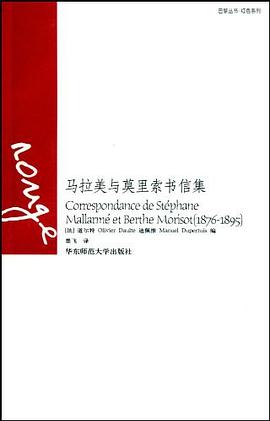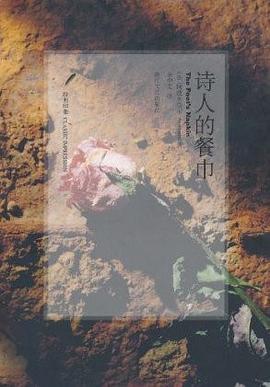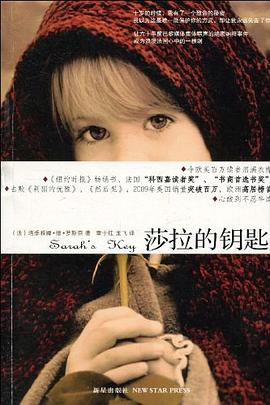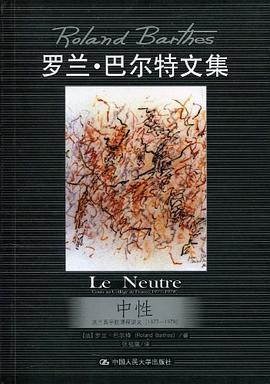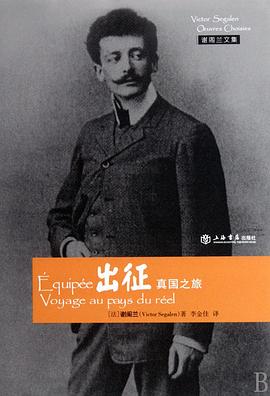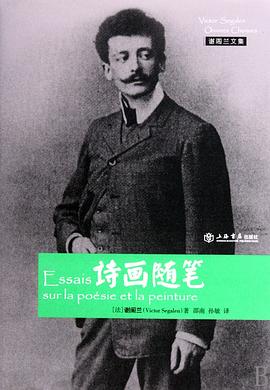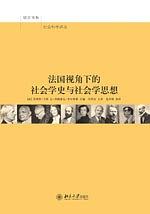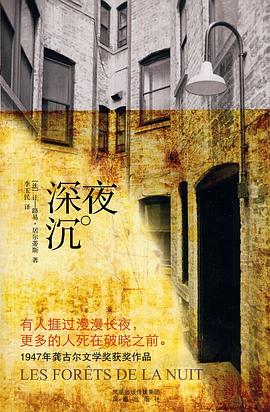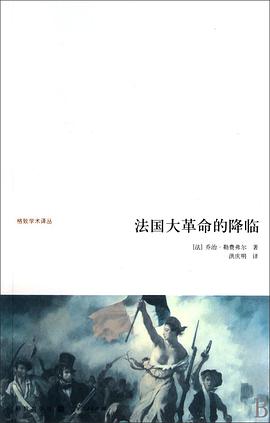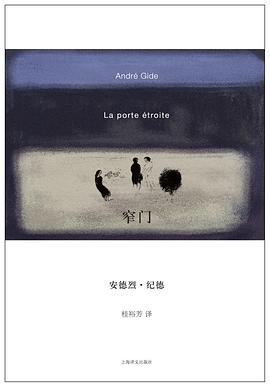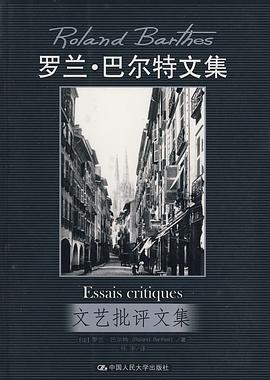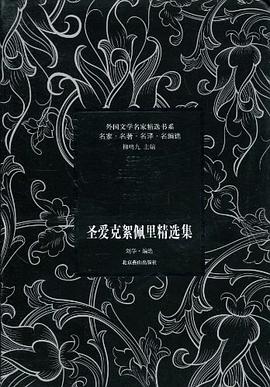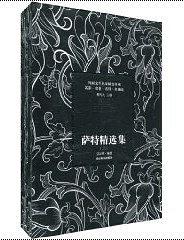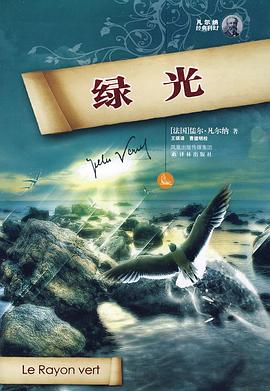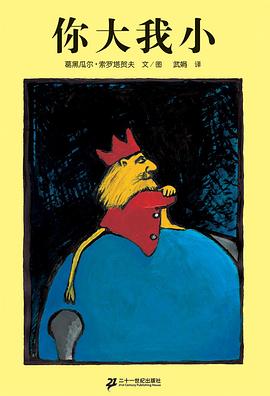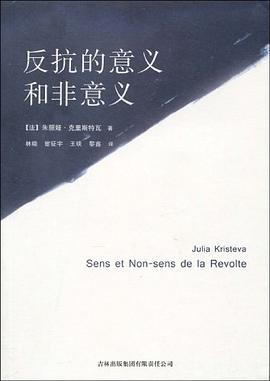

具体描述
Michel Foucault, Jean-Paul Sartre, Julia Kristeva, Phillipe Sollers, and Jean-Luc Godard. During the 1960s, a who's who of French thinkers, writers, and artists, spurred by China's Cultural Revolution, were seized with a fascination for Maoism. Combining a merciless exposé of left-wing political folly and cross-cultural misunderstanding with a spirited defense of the 1960s, The Wind from the East tells the colorful story of this legendary period in France. Richard Wolin shows how French students and intellectuals, inspired by their perceptions of the Cultural Revolution, and motivated by utopian hopes, incited grassroots social movements and reinvigorated French civic and cultural life.
Wolin's riveting narrative reveals that Maoism's allure among France's best and brightest actually had little to do with a real understanding of Chinese politics. Instead, it paradoxically served as a vehicle for an emancipatory transformation of French society. French student leftists took up the trope of "cultural revolution," applying it to their criticisms of everyday life. Wolin examines how Maoism captured the imaginations of France's leading cultural figures, influencing Sartre's "perfect Maoist moment"; Foucault's conception of power; Sollers's chic, leftist intellectual journal Tel Quel; as well as Kristeva's book on Chinese women--which included a vigorous defense of foot-binding.
Recounting the cultural and political odyssey of French students and intellectuals in the 1960s, The Wind from the East illustrates how the Maoist phenomenon unexpectedly sparked a democratic political sea change in France.
作者简介
Richard Wolin is Distinguished Professor of History, Comparative Literature, and Political Science at the City University of New York Graduate Center. His books, which include Heidegger's Children and The Seduction of Unreason (both Princeton), have been translated into ten languages. His articles and reviews have appeared in Dissent, the Nation, and the New Republic.
目录信息
Prologue ix
Introduction: The Maoist Temptation 1
Part I: The Hour of Rebellion
Chapter 1: Showdown at Bruay-en-Artois 25
Chapter 2: France during the 1960s 39
Chapter 3: May 1968: The Triumph of Libidinal Politics 70
Chapter 4: Who Were the Maoists? 109
Excursus: On the Sectarian Maoism of Alain Badiou 155
Part II: The Hour of the Intellectuals
Chapter 5: Jean-Paul Sartre's Perfect Maoist Moment 179
Chapter 6: Tel Quel in Cultural-Political Hell 233
Chapter 7: Foucault and the Maoists: Biopolitics and
Engagement 288
Chapter 8: The Impossible Heritage: From Cultural Revolution to Associational Democracy 350
Bibliography 371
Index 385
· · · · · · (收起)
读后感
这本书反复将共产主义和人道主义对立,比如说福柯领悟到人道主义更为重要,由此脱离左派运动等等。 这种对立貌似很有道理,但实际上法国左派运动号召知识分子进工厂做工等等,这也应当被视作某种人道主义行为吧。 我认为共产主义跟人道主义有不少重叠交叉地方。 作者假如要把两...
评分“法兰西—1968”,彼地彼时已在当代历史的墙垣上镌刻下深深的印痕:对于追慕者,那一年五月天的学生游行代表着青春与梦想的美好年华,是一代人关于自由、和平、反帝国主义和文化理想的激情喷涌;之于批判者,那些诱人的词语不过是冠冕堂皇的伪装,掩盖着文化、理性与原...
评分和作者观点差异很大,四星完全是因为他对六七十年代的法国毛主义做了细致的梳理。 后面朱特的推荐语说这本书“审慎公正”,个人并不赞同。详实细致可以,但说这本书“公正”并不合适。它的情感色彩、意识形态倾向非常明显不加掩饰,我对这种写法没意见,但显然不能用“审慎公正...
评分“法兰西—1968”,彼地彼时已在当代历史的墙垣上镌刻下深深的印痕:对于追慕者,那一年五月天的学生游行代表着青春与梦想的美好年华,是一代人关于自由、和平、反帝国主义和文化理想的激情喷涌;之于批判者,那些诱人的词语不过是冠冕堂皇的伪装,掩盖着文化、理性与原...
评分有一段时期,对1968年五月巴黎左翼运动的反思几乎成为当代法国知识分子的必修课。可以说,以“五月精神”为坐标轴,摆置自己的思想归属,是他们的一次站队表态。回过头来看,1968年后的每一个十年都或多或少掀起新的反思。单是一头扎进法国当代思想史这个万花筒,就可以看清法...
用户评价
看标签,这难道是海外汉学么难道是海外汉学么难道是海外汉学么。。。囧
评分看标签,这难道是海外汉学么难道是海外汉学么难道是海外汉学么。。。囧
评分毛泽东思想占领法国....
评分Roots and legacy of French student unrest in 1968. Maoism in French intellectual creation
评分老生常谈了
相关图书
本站所有内容均为互联网搜索引擎提供的公开搜索信息,本站不存储任何数据与内容,任何内容与数据均与本站无关,如有需要请联系相关搜索引擎包括但不限于百度,google,bing,sogou 等
© 2025 book.quotespace.org All Rights Reserved. 小美书屋 版权所有

